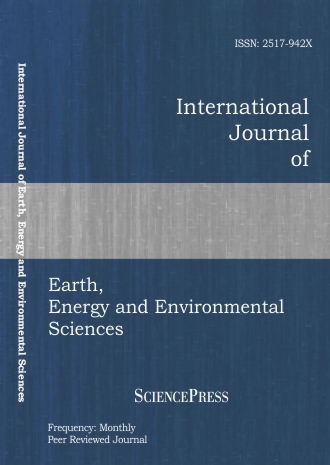
Scholarly
Volume:9, Issue: 2, 2015 Page No: 86 - 90
International Journal of Earth, Energy and Environmental Sciences
ISSN: 2517-942X
Message Framework for Disaster Management: An Application Model for Mines
Different tools and technologies were implemented
for Crisis Response and Management (CRM) which is generally
using available network infrastructure for information exchange.
Depending on type of disaster or crisis, network infrastructure could
be affected and it could not be able to provide reliable connectivity.
Thus any tool or technology that depends on the connectivity could
not be able to fulfill its functionalities. As a solution, a new message
exchange framework has been developed. Framework provides
offline/online information exchange platform for CRM Information
Systems (CRMIS) and it uses XML compression and packet
prioritization algorithms and is based on open source web
technologies. By introducing offline capabilities to the web
technologies, framework will be able to perform message exchange
on unreliable networks. The experiments done on the simulation
environment provide promising results on low bandwidth networks
(56kbps and 28.8 kbps) with up to 50% packet loss and the solution is
to successfully transfer all the information on these low quality
networks where the traditional 2 and 3 tier applications failed.